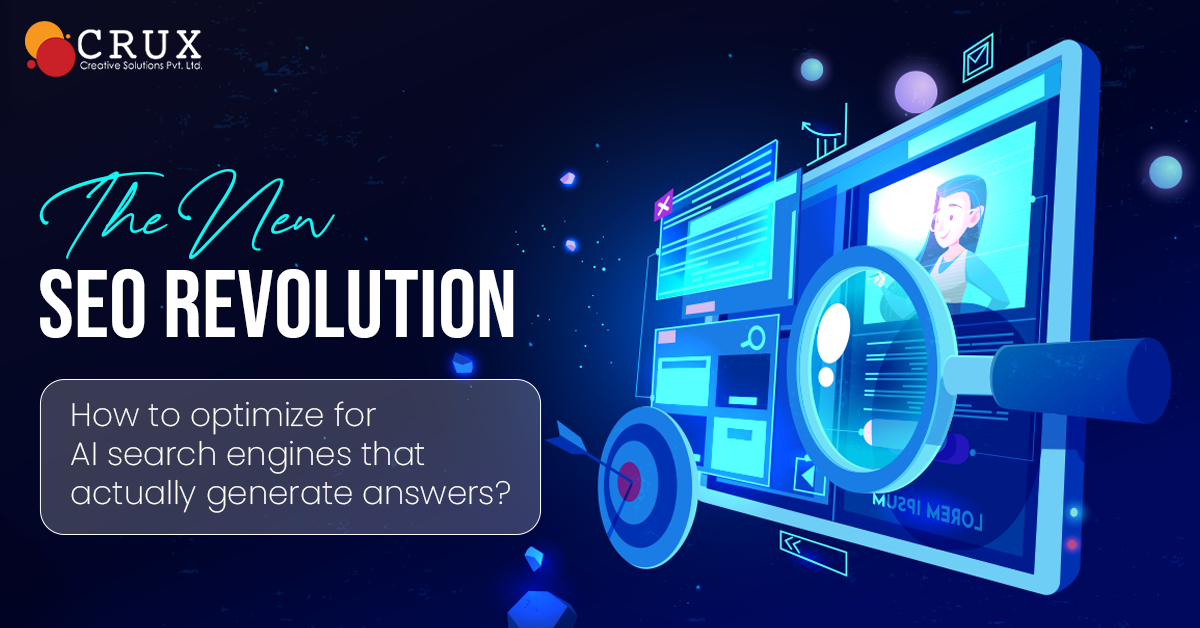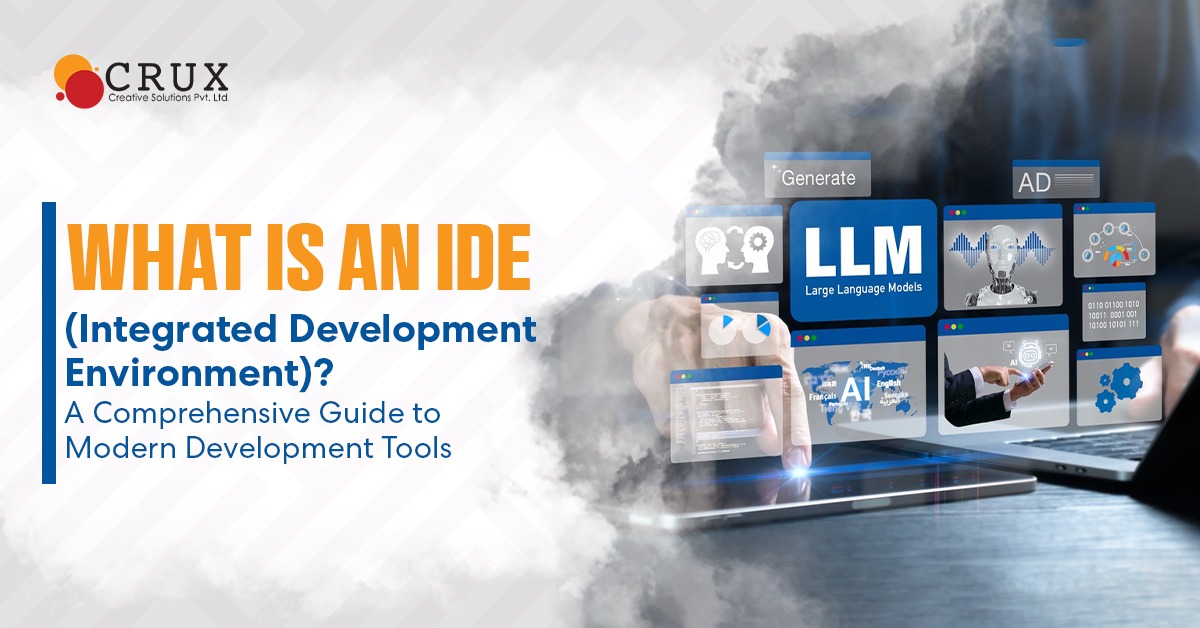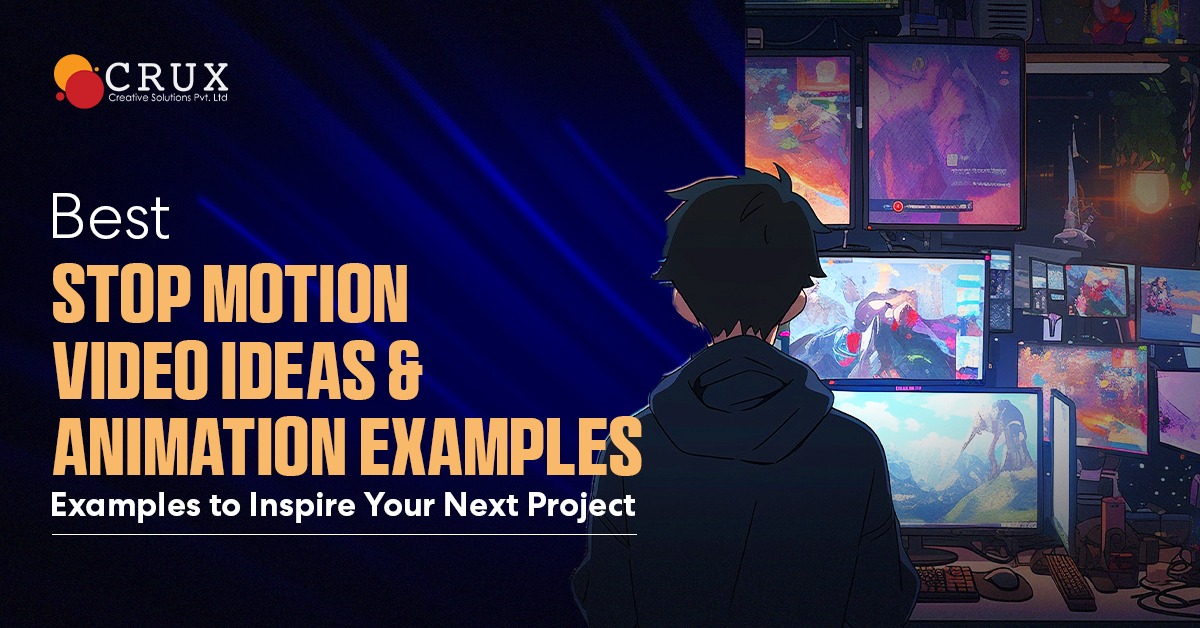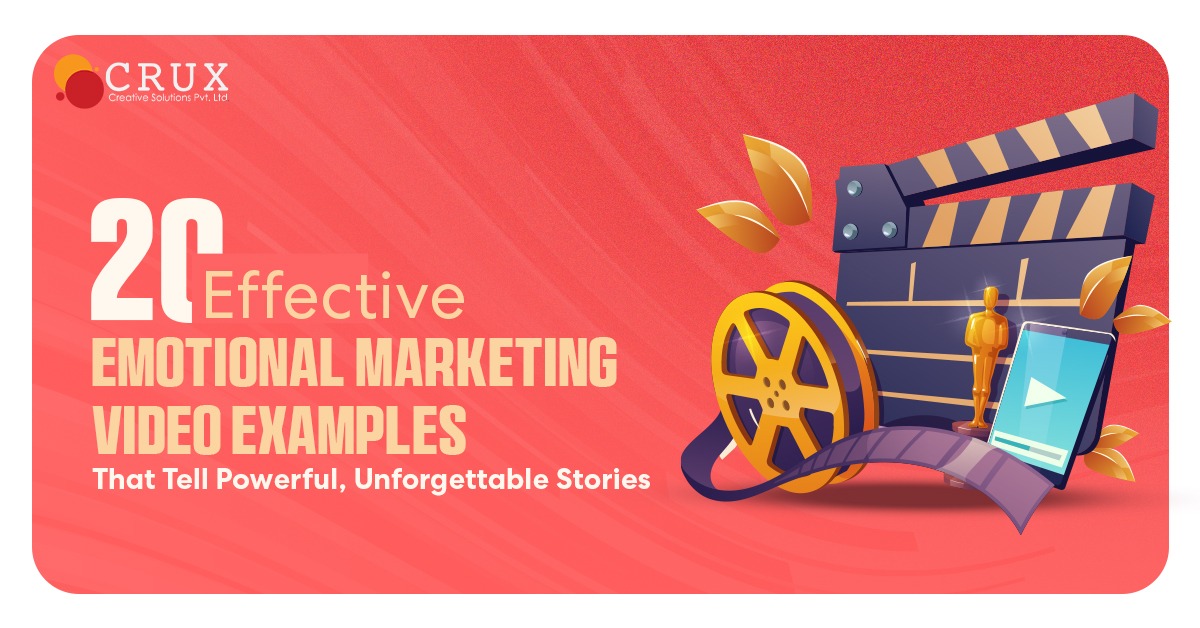
The New SEO Revolution: How to Optimize for AI Search Engines That Actually Generate Answers
Remember when optimizing for search engines meant stuffing keywords into your content and hoping Google would notice? Those days are quickly becoming ancient history. We're entering a completely different era where AI doesn't just find your content – it reads it, understands it, and uses it to create brand new answers for users.
Welcome to Generative Engine Optimization, or GEO for short. It's the practice of making your content work brilliantly with AI systems that generate responses rather than simply listing search results. Think ChatGPT, Google's Bard, Microsoft's Copilot, and dozens of other AI tools that millions of people now use daily to get answers.
This shift is massive for the best SEO company in Gurgaon. Instead of users clicking through to your website, they're getting their answers directly from AI systems. But here's the thing – those AI systems still need to get their information from somewhere. That somewhere could be your content, if you know how to optimize for this new world.
How AI Engines Actually Work?
Traditional search engines work like librarians. You ask a question, they point you toward books (websites) that might have the answer. AI engines work more like research assistants. They read multiple sources, understand the information, then craft a personalized answer just for you.
This changes everything about how people search and find information. Users aren't looking for links anymore – they want direct, conversational answers. They're asking longer, more specific questions and expecting comprehensive responses that sound like they came from a knowledgeable friend.
AI systems scan thousands of sources in milliseconds, identify the most relevant and trustworthy information, then synthesize it into coherent responses. The content that gets selected and referenced becomes incredibly valuable because it shapes how millions of people understand topics.
Your content might not get clicked on anymore, but it could influence thousands of AI-generated responses. That's both a challenge and a huge opportunity for the best digital marketing agency in Gurgaon.
Why Traditional SEO Isn't Enough Anymore?
Standard SEO tactics were built for a world where users clicked through to websites. You optimized for specific keywords, created meta descriptions to encourage clicks, and focused on ranking in the top few positions for search terms.
But AI systems don't care about your meta descriptions. They don't worry about keyword density. They're not trying to drive traffic to your site – they're trying to give users the best possible answer using information from across the web.
This doesn't mean SEO is dead. Far from it. It means SEO is evolving into something more sophisticated and, frankly, more interesting. Instead of gaming algorithms, you're genuinely trying to become the best source of information on your topics.
The websites that thrive in this new environment will be those that provide clear, accurate, comprehensive information that AI systems can easily understand and reference. It's actually closer to what SEO was supposed to be all along – creating genuinely helpful content.
Content Strategies That Work in the AI Era
Creating content for AI systems requires a different mindset. You're not just writing for humans anymore – you're writing for highly sophisticated machines that need to quickly understand and extract value from your content.
- Start with comprehensive topic coverage. Instead of creating multiple thin pieces about related topics, build substantial resources that thoroughly explore subjects. AI systems favor content that demonstrates deep expertise and covers topics from multiple angles.
- Structure becomes crucial. Use clear headings, bullet points, and numbered lists. AI systems excel at extracting information from well-organized content. Think of your content structure as a roadmap that helps AI understand exactly what information you're providing and how it all connects.
- Include specific data, statistics, and examples. AI systems love concrete information they can reference and build upon. Vague statements get ignored, but specific facts and figures get incorporated into responses regularly.
- Answer questions directly and thoroughly. Many successful GEO strategies involve identifying the exact questions your audience asks and providing complete, authoritative answers. Don't make AI systems (or users) work to find your main points.
Building Authority That AI Systems Recognize
Authority in the AI era goes beyond traditional backlinks and domain metrics. AI systems evaluate trustworthiness through multiple signals that reflect genuine expertise and reliability.
Expertise demonstration becomes paramount. Your content needs to show deep knowledge through detailed explanations, industry insights, and practical examples that only true experts would know. Surface-level content gets overlooked in favor of genuinely authoritative sources.
Consistency across your content builds credibility. AI systems notice when your information aligns with established facts and when it contradicts reliable sources. Maintaining accuracy and coherence across all your content helps establish your site as trustworthy.
Author credentials matter more than ever. Clear author bios, professional affiliations, and demonstrated expertise help AI systems understand why your content should be trusted and referenced.
Citations and references to authoritative sources strengthen your content's credibility. AI systems can verify your claims against established sources, and content that properly cites reliable information gets weighted more heavily.
Technical Optimization for AI Understanding
AI systems process content differently than traditional search crawlers, requiring new technical approaches to optimization. These systems need to quickly extract meaning and context from your content.
Semantic markup becomes essential. Schema.org markup helps AI systems understand exactly what your content is about and how different pieces of information relate to each other. This structured data acts like labels that make your content easier for machines to process.
Clean, fast-loading sites perform better because AI systems often have limited time to process each page. If your content loads slowly or is difficult to parse, it might get skipped entirely in favor of more accessible sources.
Mobile optimization remains crucial, but for new reasons. Many AI-powered searches happen on mobile devices, and AI systems often prioritize mobile-friendly sources when generating responses for mobile users.
Internal linking structure helps AI systems understand the relationships between your content pieces. Well-connected content that clearly shows topical relationships performs better than isolated pages.
Measuring Success in a Post-Click World
Traditional metrics like click-through rates and page views become less relevant when users get answers without visiting your site. New measurement approaches focus on influence and authority rather than traffic volume.
Brand mention tracking becomes crucial. Monitor how often AI systems reference your content, cite your brand, or use your information in generated responses. This indicates your content's influence even when it doesn't drive direct traffic.
Voice search optimization metrics matter more as AI systems power voice assistants. Track how often your content appears in voice search results and spoken responses.
Topical authority measurement helps you understand how AI systems view your expertise. Tools that analyze semantic relationships and topic coverage can show whether you're being recognized as an authority in your field.
Competitive intelligence takes on new importance. Understanding which sources AI systems prefer for different types of queries helps you identify content gaps and optimization opportunities.
Growth Strategies That Actually Work
Successful GEO strategies focus on becoming indispensable sources of information rather than just achieving high rankings. This requires long-term thinking and genuine expertise development.
Comprehensive resource creation works better than quantity-focused content strategies. One extremely thorough guide often outperforms dozens of shallow articles because AI systems prefer authoritative, complete sources.
Regular content updates maintain relevance as AI systems favor current, accurate information. Outdated content gets deprioritized, while fresh, updated resources maintain their influence.
Community building and engagement signal to AI systems that your content provides real value. Active comments, social sharing, and user engagement indicate content quality beyond what technical metrics can measure.
Strategic partnerships with other authoritative sources can amplify your content's reach and credibility. When respected sources link to and reference your content, AI systems take notice.
The Future of Search and Discovery
AI-powered search represents just the beginning of how people will discover and consume information. Voice assistants, chatbots, and automated research tools are all evolving to provide increasingly sophisticated responses based on web content.
Personalization will become more important as AI systems learn individual user preferences and tailor responses accordingly. Content that serves diverse audiences and use cases will have advantages over narrowly focused material.
Real-time information integration means AI systems increasingly pull from multiple sources to create comprehensive, up-to-date responses. Static content that doesn't connect with broader information ecosystems may lose relevance.
Interactive content formats may become more important as AI systems develop capabilities to understand and reference multimedia content, interactive tools, and dynamic resources.
Making the Transition Successfully
Moving from traditional SEO to GEO doesn't happen overnight, but early adopters gain significant advantages. Start by auditing your existing content through the lens of AI consumption rather than human browsing.
Identify your most authoritative content and enhance it with better structure, more comprehensive coverage, and clearer expertise signals. These pieces often become the foundation for broader GEO success.
Develop content workflows that prioritize depth and accuracy over speed and volume. Quality control becomes even more important when your content might influence thousands of AI-generated responses.
Stay informed about AI system updates and changes in how these platforms select and use source material. The field evolves rapidly, and successful optimization requires ongoing adaptation.
Embracing the New Reality
Generative Engine Optimization represents a fundamental shift in how information flows from creators to consumers. Instead of fighting this change, smart content creators are embracing it and finding new ways to provide value.
The businesses that succeed in this new environment will be those that genuinely become the best sources of information in their fields. It's less about gaming systems and more about earning the trust of both AI systems and the people who rely on them.
This evolution actually makes content marketing more authentic and valuable. When your goal is to become so authoritative and helpful that AI systems can't ignore you, you end up creating genuinely useful resources that serve both machines and humans.
The age of generic, keyword-stuffed content is ending. The age of genuine expertise and comprehensive resources is just beginning. And that's probably better for everyone involved.
FAQs
1. Do I still need to worry about traditional SEO if I'm optimizing for AI systems?
Yes, but your approach should evolve. Traditional SEO fundamentals like site speed, mobile optimization, and quality content still matter because they help both search engines and AI systems access and understand your content. However, tactics like keyword stuffing or thin content designed just for rankings won't work anymore. Think of traditional SEO as the foundation, and GEO as the next level. You need both, but GEO focuses more on becoming a genuinely authoritative source rather than just ranking well for specific terms.
2. How can I tell if my content is being used by AI systems to generate answers?
This is tricky because AI systems don't always clearly cite their sources like traditional search results do. Start by monitoring brand mentions across different AI platforms - search for topics you cover on ChatGPT, Google Bard, or other AI tools and see if they reference information that sounds like it came from your content. Some SEO tools are beginning to track AI citations, and you can also set up Google Alerts for unique phrases or statistics from your content to catch when they appear in AI-generated responses across the web.
3. Should I be worried about AI systems stealing my content without giving me credit?
It's a legitimate concern, but rather than fighting it, most successful businesses are adapting to benefit from it. AI systems using your information can actually increase your authority and influence, even without direct traffic. Focus on becoming known as the go-to source in your field - when people want to verify AI-generated answers, they'll come looking for the original expert sources. Also, some AI platforms are moving toward better attribution, so being an early, authoritative source positions you well for future changes.
4. What types of content work best for GEO compared to traditional SEO?
GEO favors comprehensive, well-structured content that thoroughly covers topics rather than short, keyword-focused pieces. Long-form guides, detailed how-to articles, and resources that answer multiple related questions tend to perform well. AI systems prefer content with clear headings, bullet points, specific data, and direct answers to common questions. Think "ultimate guide" rather than "quick tips" - AI systems want to pull from authoritative sources that cover topics completely rather than surface-level content.
5. How long does it take to see results from GEO efforts?
GEO results can appear faster than traditional SEO in some ways, but building real authority takes time. You might notice AI systems referencing your content within weeks of publishing comprehensive, well-optimized pieces. However, becoming a consistently cited authority in your field typically takes 3-6 months of creating high-quality, structured content. Unlike traditional SEO where you might see ranking changes quickly, GEO success builds gradually as AI systems learn to trust your content as a reliable source.














